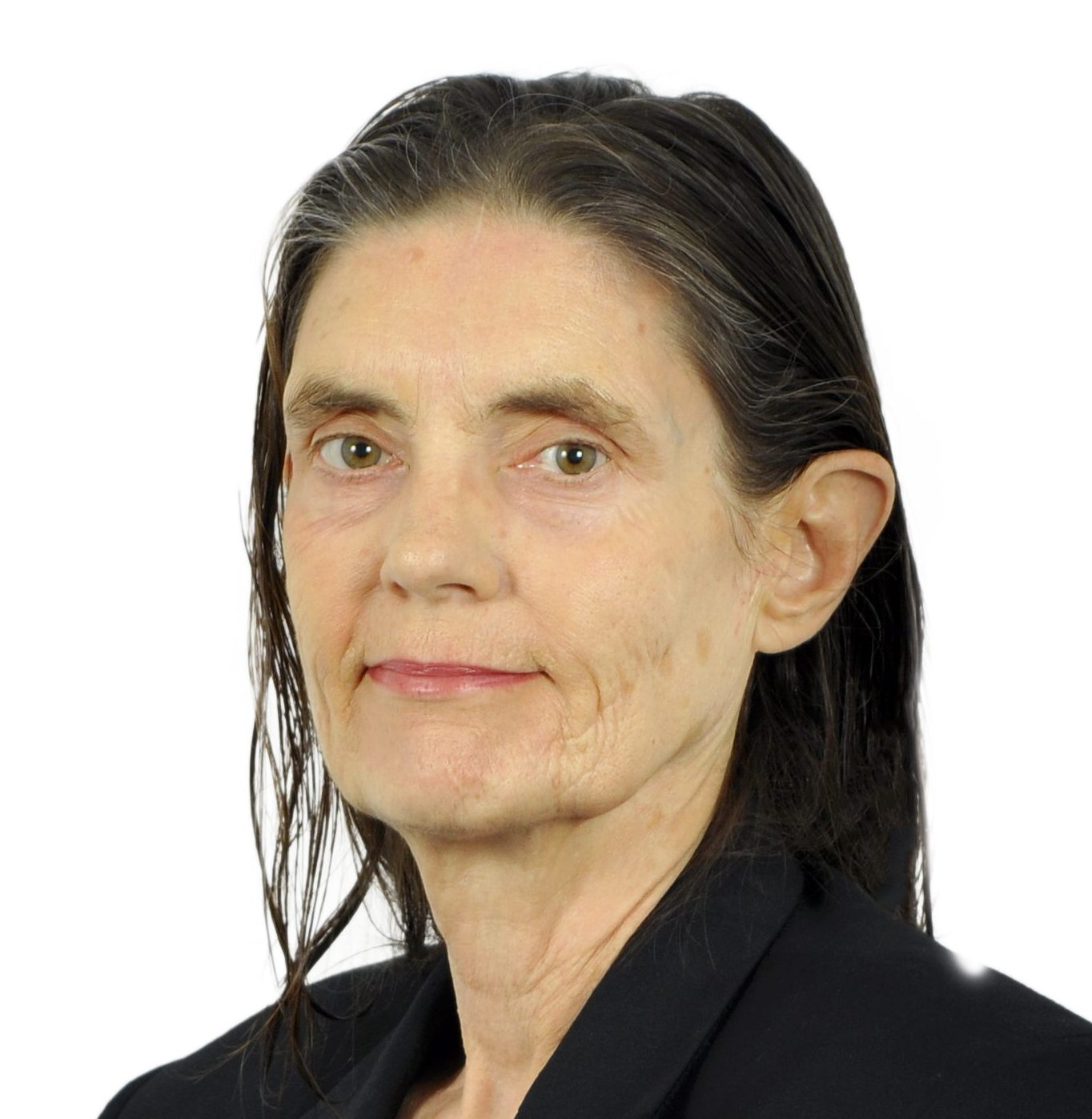S&P Global Offerings
Featured Topics
Featured Products
Events
S&P Global Offerings
Featured Topics
Featured Products
Events
S&P Global Offerings
Featured Topics
Featured Products
Events
Solutions
Capabilities
Delivery Platforms
News & Research
Our Methodology
Methodology & Participation
Reference Tools
Featured Events
S&P Global
S&P Global Offerings
S&P Global
Research & Insights
Solutions
Capabilities
Delivery Platforms
News & Research
Our Methodology
Methodology & Participation
Reference Tools
Featured Events
S&P Global
S&P Global Offerings
S&P Global
Research & Insights
S&P Global Offerings
Featured Topics
Featured Products
Events
Support
11 May 2022 | 07:53 UTC
Highlights
UAE tenders due 'very soon'
Cooling cows in Saudi desert
Solar displacing diesel
France's global energy company Engie plans to bid on the 800 MW Yanbu wind farm project planned in Saudi Arabia and will "be looking at" the 1.5 GW Ajban solar plant proposed in Abu Dhabi, the company's country manager for the Gulf region and Pakistan told S&P Global Commodity Insights.
Renewables growth will likely accelerate in the region as the UAE tries to keep up with unexpectedly strong electricity demand, Saudi Arabia looks to catch up with its renewables goals and Oman moves away from gas-fired power, Frederic Claux, who is also managing director of thermal and supply for Asia, the Middle East and Africa, said in a May 10 interview in Abu Dhabi.
"In the UAE, they were thinking after COVID that power demand would pick up more slowly but what we've seen in the last year is a 6% or 7% increase and that might continue the same way in 2022 and 2023," he said. "I understand they want to accelerate the renewables growth and there will be new tenders coming very soon."
On May 10, Abu Dhabi's Emirates Water & Electricity Co. said it was seeking expressions of interest from developers to build a 1.5 GW solar plant in the Ajban area of the UAE's capital. The al Ajban solar photovoltaic independent power project will be EWEC's third large scale utility solar project in Abu Dhabi.
"We will be looking at it," Claux said. "We'll see whether it fits our strategy, but we are in principle interested."
The UAE aims to have at least 44 GW of solar power by 2050, with 20 GW targeted by 2030, UAE energy minister Suhail al-Mazrouei told the World Utilities Congress in Abu Dhabi on May 9.
Renewables growth in Saudi Arabia will need to accelerate "in order to achieve the 30 GW objective they have for 2030,'' Claux said. "In Saudi Arabia, we are focusing on wind because we believe we have better chances, a competitive edge. It's more complex than solar." Engie will be bidding on the 800 MW Yanbu 4 and Yanbu 5 wind project expected to be tendered in 2022, he said. Engie is looking at small corporate power purchase agreements that are not connected to the grid, such as a 30 MW solar project started six months ago with Saudi dairy farm Nadec to cool the cows, displacing diesel fuel, he said.
"We are looking at similar industries which are established in the middle of the desert not connected to the grid using diesel, so it's a nice way to decarbonize,'' he said.
| Cyprus | Iraq | Israel | Jordan | Lebanon | Oman | Qatar | Saudi Arabia | Syria | UAE | |
|---|---|---|---|---|---|---|---|---|---|---|
| 2022 | 200 | 216 | 1305 | 1793 | 65 | 711 | 805 | 359 | 3 | 5677 |
| 2023 | 209 | 424 | 1465 | 1809 | 81 | 1416 | 805 | 1859 | 23 | 5988 |
| 2024 | 217 | 633 | 1746 | 1836 | 96 | 1425 | 805 | 3659 | 43 | 6005 |
| 2025 | 225 | 841 | 2026 | 1864 | 112 | 1433 | 805 | 7659 | 63 | 6023 |
| 2026 | 234 | 1050 | 2307 | 1892 | 127 | 1442 | 805 | 11659 | 83 | 6041 |
Source: S&P Global Commodity Insights
Renewables in Oman are expected to accelerate as higher oil prices allow the country's economic condition to improve at the same time Sultan Haitham bin Tariq who took office in January 2020 "is taking a new approach," he said. "They've decided to stop any new gas projects and they're all focusing on renewables. And they also want to develop hydrogen.'' Engie is "just waiting for the new tenders'' from Oman to get involved in the country's renewables, he said.
Engie will probably exceed its renewables target of at least 4 GW in Africa, the Middle East and Asia by 2030, up from 2 GW currently, he said. "If we win this Yanbu wind project in Saudi, it's 800 MW in one go. And we are looking at projects in South Africa, Egypt, Morocco, and Australia as well," he said. Of the 2 GW installed now, 1.5 GW is in India.
Engie plans to have net-zero emissions by 2045, which means it has to replace its conventional power projects. In the Africa-Middle East-Asia region, the company has 30.5 GW of conventional power plants, all of them fueled by natural gas except for one coal plant in Morocco. It's possible renewables and gas will be combined in some projects until better technology is developed, such as solar storage, he said. "Today storage is quite expensive, it's not manufactured at scale. It may take five years, 10 years, maybe 15 years to get the costs down.'' Engie will not be bidding on new gas-powered plants in the region unless there is a decarbonization plan included, he said.
Gain access to exclusive research, events and more

